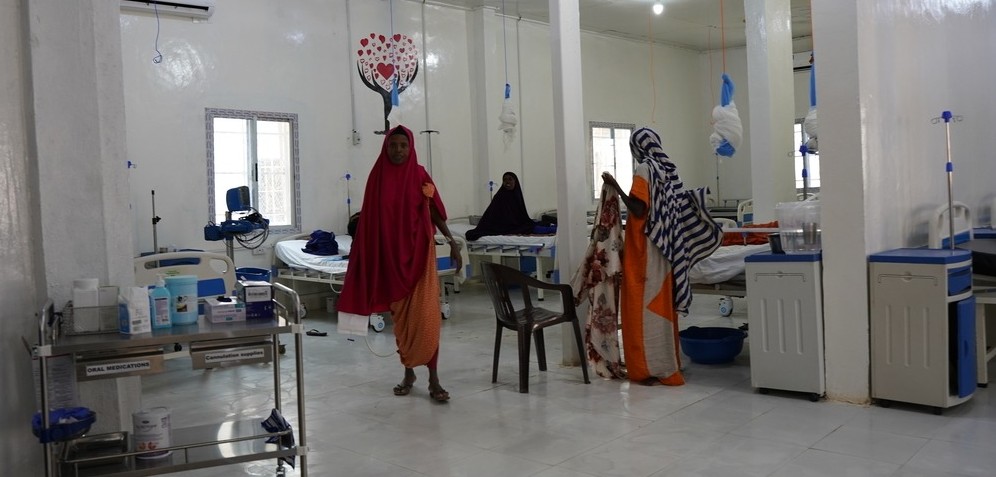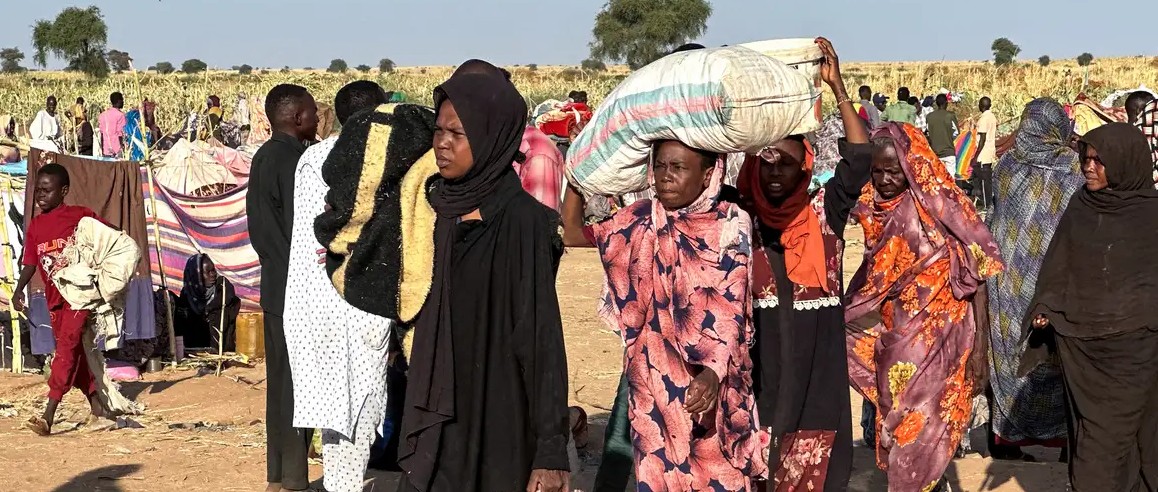National Assembly to probe tea sector over low bonuses and uneven pricing

Central to the inquiry is how tea prices are determined and why farmers in some areas receive higher bonuses than others.
A parliamentary committee is set to launch a comprehensive review of the tea sector amid growing concerns over low bonuses and uneven pricing that have left farmers frustrated across the country.
The inquiry, ordered by the National Assembly, will examine the factors influencing tea prices and seek to ensure farmers receive fair returns for their produce.
More To Read
- Relief for tea farmers as subsidised fertiliser arrives at Mombasa Port after months of delay
- KTDA suspends staff travel, training in cost-cutting drive amid outcry over farmers' bonus cuts
- Agriculture Ministry blames external factors for drop in 2024/25 KTDA tea payments
- MPs demand probe into KTDA over corruption, mismanagement and unfair tea bonuses
- Kenya’s tea industry faces Sh6.5 billion losses as Sudan ban persists
- KTDA explains drop in tea bonus, blames global market and currency changes
The National Assembly Departmental Committee on Agriculture and Livestock, chaired by Tigania West MP John Mutunga, will begin its work next week, with a report due to Parliament within three weeks.
Speaker Moses Wetang’ula directed the committee to adopt a thorough approach, stressing the need to examine complaints from leaders in key tea-producing regions.
“We have received multiple reports highlighting discrepancies in tea pricing and bonus allocations. This review should provide clarity and practical solutions,” Wetang’ula said.
Central to the inquiry is how tea prices are determined and why farmers in some areas receive higher bonuses than others.
The committee will study the entire tea value chain, from pre-production and harvesting to marketing, auctions, processing, retail, and export.
Particular focus will be placed on identifying inefficiencies and costs that reduce farmers’ profits.
The investigation will compare tea-growing regions east and west of the Rift Valley. Counties in the east, including Murang’a, Kiambu, Embu, Kirinyaga, Nyeri, and Tharaka Nithi, have reported consistently higher bonuses than western counties such as Kericho, Bomet, Nandi, Bungoma, Vihiga, and Trans Nzoia.
MPs want explanations for these disparities and for the higher operational costs observed in Western factories despite similar production levels.
The panel will also review the roles of the Tea Board of Kenya and the Kenya Tea Development Agency to determine whether overlapping duties, policy gaps, or regulatory challenges are hindering fair price setting.
Wetang’ula emphasised that understanding these institutional and logistical barriers is essential for ensuring transparency and improving farmer returns.
By mapping out each stage of the tea value chain, the committee aims to pinpoint where pricing decisions are made and the factors that influence them.
This analysis will guide recommendations to strengthen the sector, close policy gaps, and enhance earnings for farmers.
“This process should ensure that tea growers benefit fairly from their work and that the industry operates efficiently,” Wetang’ula said, highlighting the broader goal of equitable growth and sustainable development in Kenya’s tea sector.
Top Stories Today









































